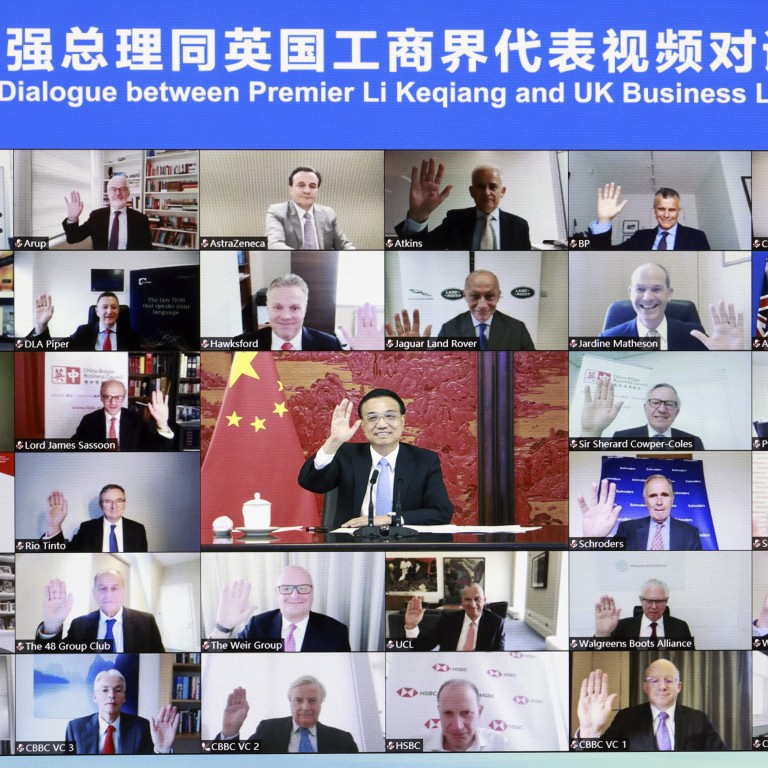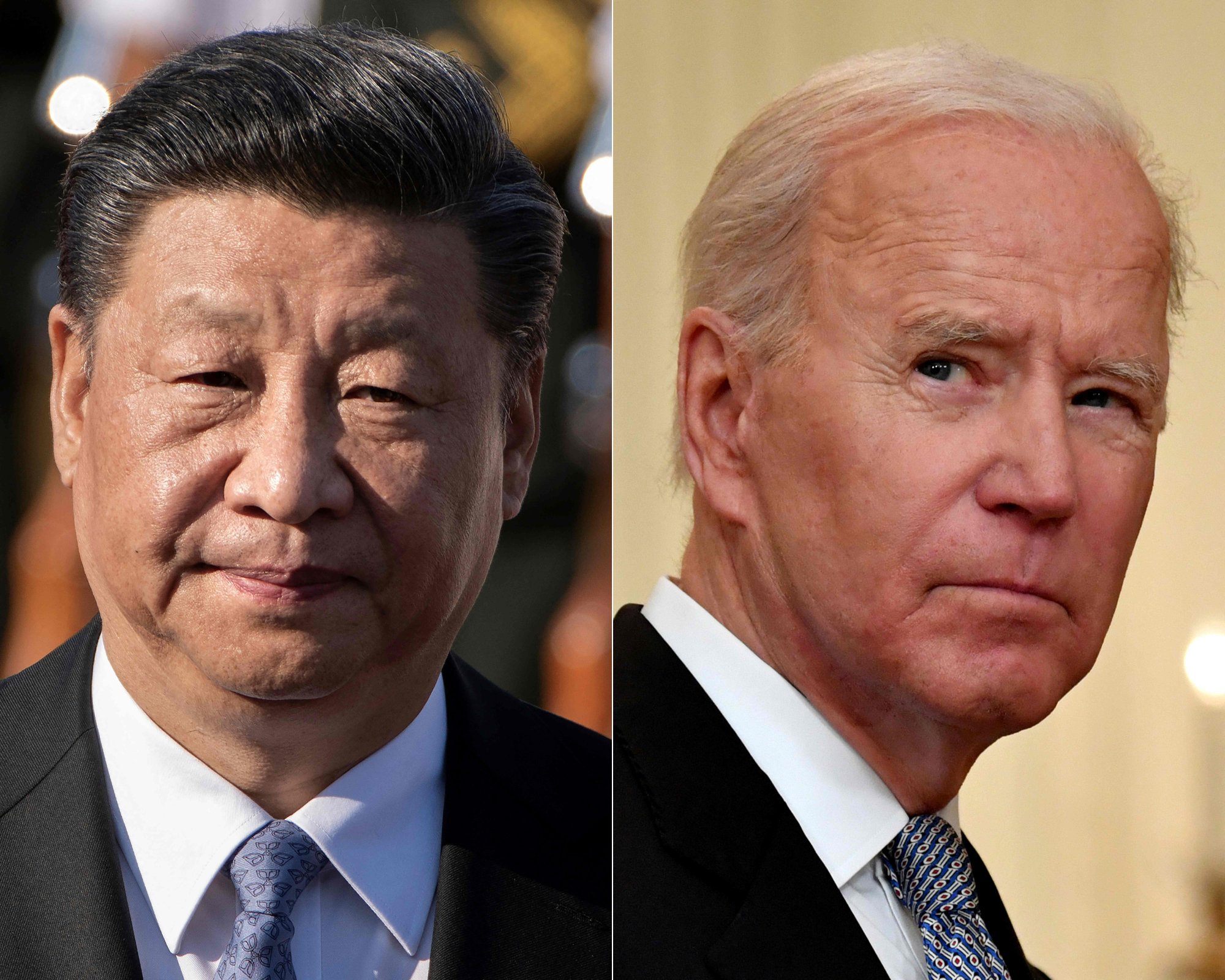
US-China relations: how business can help write the new rules of engagement
- The deteriorating bilateral relationship can benefit from expert input from the business community as Beijing and Washington redraw the lines in strategic industries
- Business ties can also play a stabilising and humanising role as dialogue channels shrink elsewhere
If there were any questions about whether the US and China would remain strategic rivals under a Biden presidency, no one is wondering now.
The US fears China wants to change the global order and reshape the world in its own illiberal image. China believes the US intends to hold back its hard-won economic rise. There is probably truth to both views.
These opposing world views are on a collision course. The goal now is to carve out a space for peaceful coexistence. That means drawing lines and setting down the rules of engagement.
British diplomat Robert Cooper may have spoken too soon when he said in the 2000s that borders were increasingly irrelevant. Nation-states are still paramount. However, international relations theorists have also pointed out that the largest corporations are now bigger than most states in terms of revenue.
In fact, political scientists say international relations will increasingly be shaped by the interplay between states and corporations.
All of this has resulted in a shrinking space for dialogue and basic understanding.

Li stressed in the British meeting that businesses from the country would be treated fairly in China, reassuring leaders spooked by the possible business repercussions of growing tensions.
With the opportunities for bilateral exchange slowing, business ties will be an increasingly important way for leaders to sound out the other side and gauge intentions.
Bilateral business relations can help maintain stability in the relationship. Under the current trajectory, the best outcome for the global economy will be for decoupling to be restricted to specific strategic industries rather than cordoning off entire sectors of the economy.
How US, China can thrive by being more like each other
For example, as governments across the world look to promote domestic semiconductor production, industry experts have warned of the risks of rising protectionism in chipmaking, and called on policymakers to continue to allow civilian-use chips to be traded freely.
Policymakers should continue to involve industry experts in discussions over where to draw these lines.
US companies’ stances have grown more complex since the days of China’s accession to the World Trade Organization, in which corporations like Boeing played a big part in smoothing over the deal in the US Congress.
But they may still have a role to play when there are internal disputes, such as during the wild policy swings seen in the Trump administration between China hawks and advisers who wanted to take a more conciliatory view.
Business ties can also be unexpectedly humanising. The 2019 documentary American Factory chronicled Chinese glass producer Fuyao’s efforts to open a factory in a declining Ohio industrial town.
To be sure, the ability of businesses to push back on government actions is limited in this time of heightened tensions and polarised citizenry.
Certainly, there are lines that cannot be crossed. The US is unlikely to back down when it comes to human rights and China’s treatment of Uygurs. China, for its part, will refuse any action that it views as threatening its territorial integrity. And corporations need to be wary of states using them for geopolitical ends.
But more dialogue and expert input can make it clearer where those lines are, bringing stability and predictability to bilateral relations.
Colleen K. Howe is a programme associate at the Asia Business Council


